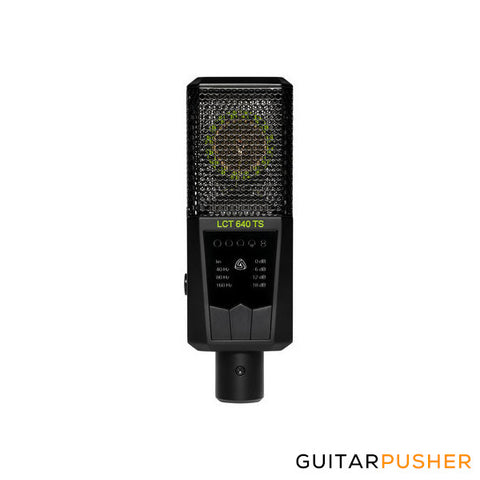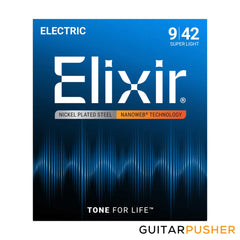
LEWITT LCT 640 TS 1" Multi-Pattern Studio Microphone
Product Description
LCT 640 TS
Endless possibilities with Dual Output.
It's your Swiss army knife of studio mics.
The LCT 640 TS works as a traditional multi-pattern microphone, a stereo microphone, and a mic that can change the polar pattern after the fact with its Dual Output Mode. The 1" true condenser capsule and high-end specifications guarantee precise recordings.
Whatever you record with the LCT 640 TS, will sound incredibly detailed. Your vocals sound larger-than-life, your instruments full and vibrant.
Revolutionary Dual Output Mode
What's the Dual Output Mode?
It changes the way we think about the recording process. To give you more freedom, the LCT 640 TS features a Dual Output Mode. Engage it, and you'll send the front and the back of the capsule's diaphragm to two individual outputs.
This allows for stereo recording and changing the polar pattern after the fact.
Do this in your DAW with our POLARIZER plugin. Sounds complicated? It isn’t!
POLARIZER plugin to create any pattern in the mix
You can adjust the polar pattern after the fact.
You can conveniently change and fine-tune your material recorded via Dual Output Mode.
We created a plugin, called the POLARIZER. It allows to set the polar pattern dynamically.
Now you can add or subtract room sound in post-production during mixing. By automating the POLARIZER, you can even create unique mixes and effects.
Stereo capabilities
Perfectly-in-phase stereo recording, with a single mic.
You can use a single LCT 640 TS to record in stereo by switching to Dual Output Mode.
Just point the mic sideways to the source and adapt the stereo width in the mix.
- 1" multi-pattern studio microphone
- Full, crisp, and well-balanced sound
- Revolutionary Dual Output Mode
- POLARIZER plugin to create any pattern after the fact
- Stereo capabilities
Included: Shock mount, Magnetic pop filter, Windscreen, TS adapter cable, Transport bag , Protective case
Specifications
| Type | Condenser, externally polarized |
| Acoustical operating principle | Pressure gradient transducer |
| Diaphragm | 3 micron gold sputtered Mylar |
| Transducer Ø | 25.4 mm, 1 in |
| Polar pattern (Dual Output Mode) | Create any polar pattern in post-production |
| Polar pattern (Multi-Pattern Mode) | omni, wide cardioid, cardioid, supercardioid, figure-8 |
| Sensitivity | 31.4 mV/Pa, -30.1 dBV/Pa (cardioid) / 30.3 mV/Pa, -30.3 dBV/Pa (omni) / 34.1 mV/Pa, -29.4 dBV/Pa (figure-8) |
| Equivalent noise level | 10 dB (A), cardioid |
| Max. SPL for 0.5 % THD | 134 dBSPL, 0 dB pre-attenuation |
| Signal / noise ratio | 124 dB (A) |
| Dynamic range | 115 dB (A) |
| Pre-attenuation pad | 0 dB, -6 dB, -12 dB, -18 dB |
| Low-cut filter | linear, 40 Hz (12 dB/oct), 80 Hz (12 dB/oct), 160 Hz (6 dB/oct) |
| Internal impedance | 110 Ω |
| Rated load impedance | 1,000 Ω |
| Supply voltage | 48 V ± 4 V |
| Current consumption | 5.1 mA |
| Mic enclosure | Zinc die cast |
| Connector | Gold plated 3-pin XLR |
| Microphone dimensions | 158 x 52 x 36 mm, 6.22 x 2.04 x 1.42 in |
| Microphone net weight | 425 g, 14.9 oz |





